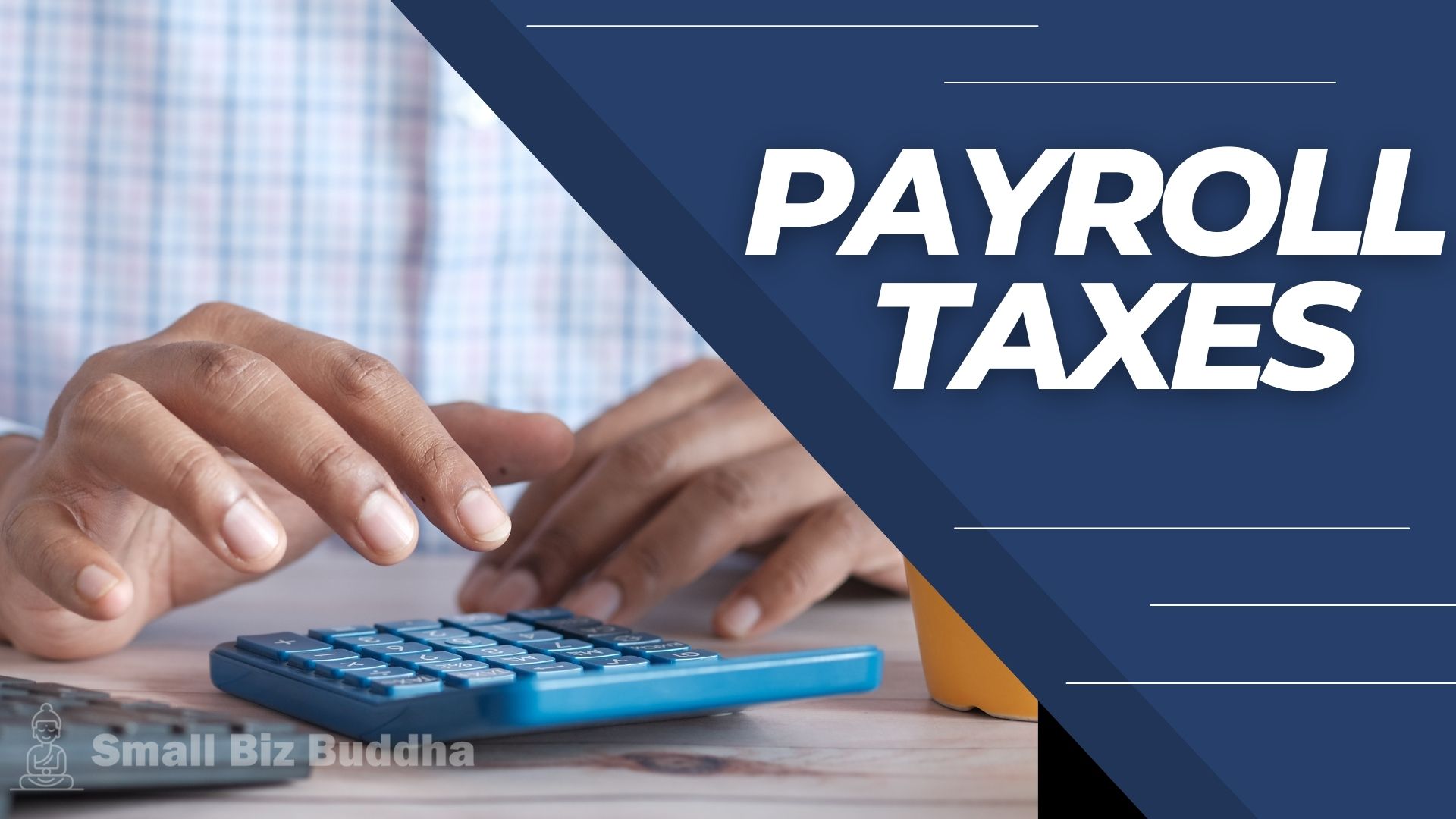Payroll taxes are a necessary evil for small businesses. You need to pay them, but you might not understand why they exist or how they impact your company. This article will shed light on the confusing topic of payroll taxes and explain what business owners need to know about this expense. It’s not as scary as it sounds! If you operate a small business, there are several expenses that are not directly related to producing and selling your products or services. These expenses are known as COSTS OF EMPLOYING PEOPLE, and these costs come from federal, state, and local governments in the form of taxes. Understanding these expenses can help you manage your company’s finances so that you have money set aside for tax season and can plan for future expenses.
What is a payroll tax?
A payroll tax is a government fee that covers the cost of employing people. There are two types of payroll taxes: Employer’s portion – The federal government, state governments, and your local municipality each require you to pay a fee for each employee you hire. This fee is a percentage of the employee’s salary. Depending on the type of business you operate, these taxes will vary. Employee’s portion – The employee portion is a percentage of their salary that is paid toward their social security and Medicare. These taxes fund national programs, such as Social Security and Medicare, that provide benefits for retired workers, disabled workers, and their dependents.
Which taxes does your business need to pay?
Depending on the type of business you operate, you will likely have to pay several different payroll taxes. Here are the most common payroll taxes that you need to be aware of: – FICA taxes: Federal Insurance Contributions Act (FICA) taxes ensure that retired workers, disabled workers, and their families have the resources they need after they stop working. You, as an employer, will make contributions toward their social security and Medicare. – Federal Unemployment Tax Act (FUTA) taxes: The federal government collects this tax from businesses that have employees. The government uses the money collected from this tax to pay benefits to workers who become unemployed. – State unemployment tax: Your state may require you to pay unemployment taxes. This fee is a percentage of your employee’s salary. State unemployment taxes are used to pay benefits to workers who become unemployed. – State disability taxes: Some states also require businesses to pay disability taxes. These taxes, like the federal disability tax, help provide benefits to workers who become disabled. – State workers’ compensation tax: If your employees are at risk of suffering from a workplace injury, you will likely have to pay workers’ compensation taxes. These taxes help ensure that injured workers receive the benefits they need. – Local business taxes: Depending on where you operate your business, you may be required to pay local business taxes. These taxes vary, so be sure to check with your local government to find out what taxes apply to your business. – Sales tax: If you sell goods and/or services, you must collect sales tax from your customers. The government will collect sales tax from you as an employer.
Employer’s portion of payroll taxes
The employer’s portion of payroll taxes includes the federal income tax, state income tax, FICA taxes, and FUTA taxes. The federal income tax is a percentage of your company’s income, which is based on the amount you pay your employees. State income tax is a percentage of your company’s income that goes toward your state government. FICA taxes are a percentage of your employees’ income that goes toward their social security and Medicare benefits. FUTA taxes are a percentage of your employees’ income that goes toward their unemployment benefits.
Employee’s portion of payroll taxes
The employee’s portion of payroll taxes includes the federal income tax, state income tax, FICA taxes, and sales tax. The federal income tax is a percentage of your employees’ income that goes toward their income tax. State income tax is a percentage of your employees’ income that goes toward their state income tax. FICA taxes are a percentage of your employees’ income that goes toward their social security and Medicare benefits. Sales tax is a percentage of your employees’ income that goes toward sales tax.
Conclusion
The costs of running a business are often overlooked, but they are extremely important to keep in mind when planning for the future. Payroll taxes are one of the many expenses that comes with having employees, but they can also be reduced with the help of a good accountant. Be sure to stay on top of these taxes so that you can remain compliant and keep the government happy.


[…] levied on most U. S. employees who are covered by certain types of jobs and employers also known as payroll tax. The FICA tax is usually referred to as Social Security tax. The FICA tax primarily relates to the […]
[…] Payroll is the process of recording the hours an employee worked, paying them for those hours, and then paying taxes and/or benefits (if applicable) for that employee. This information is used to calculate an employee’s pay, including but not limited to things such as vacation pay, overtime pay, and sick pay. 77% of small businesses say income taxes create extra burdens (National Federation of Independent Business). When you are running a small business, you might need to calculate payroll information for your company. There are a few different types of payroll calculations you might need to make depending on the size of your business. […]